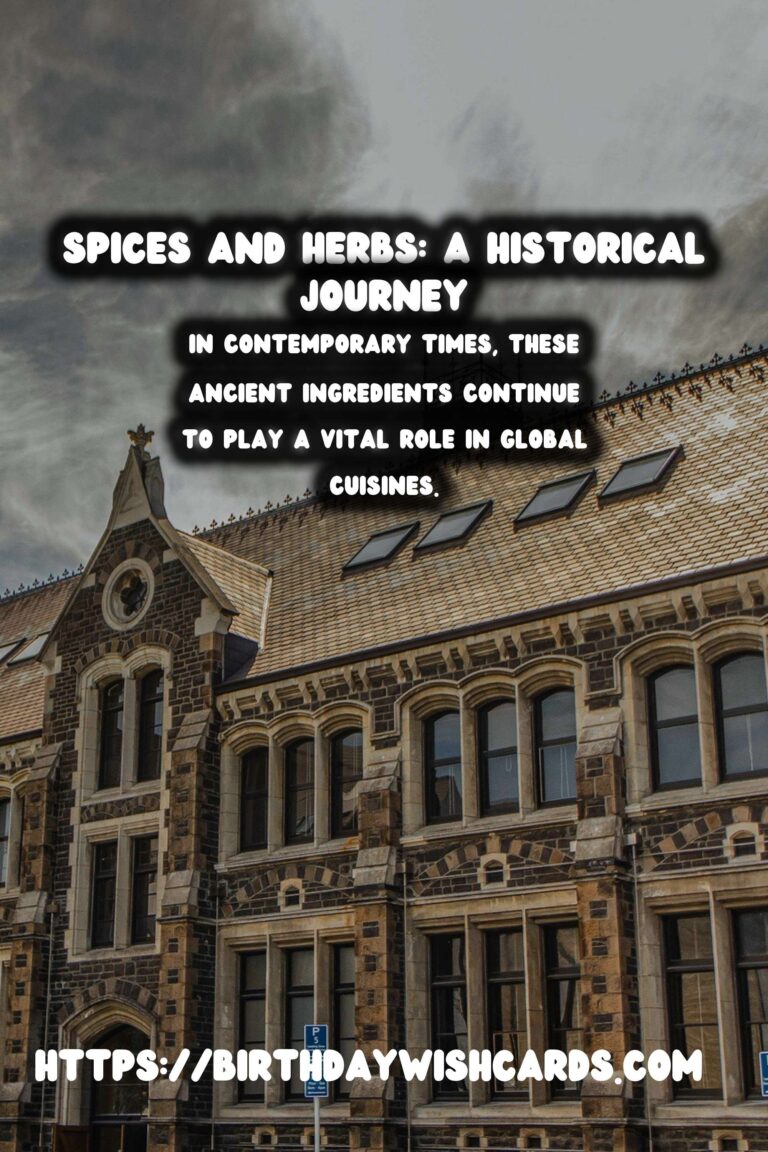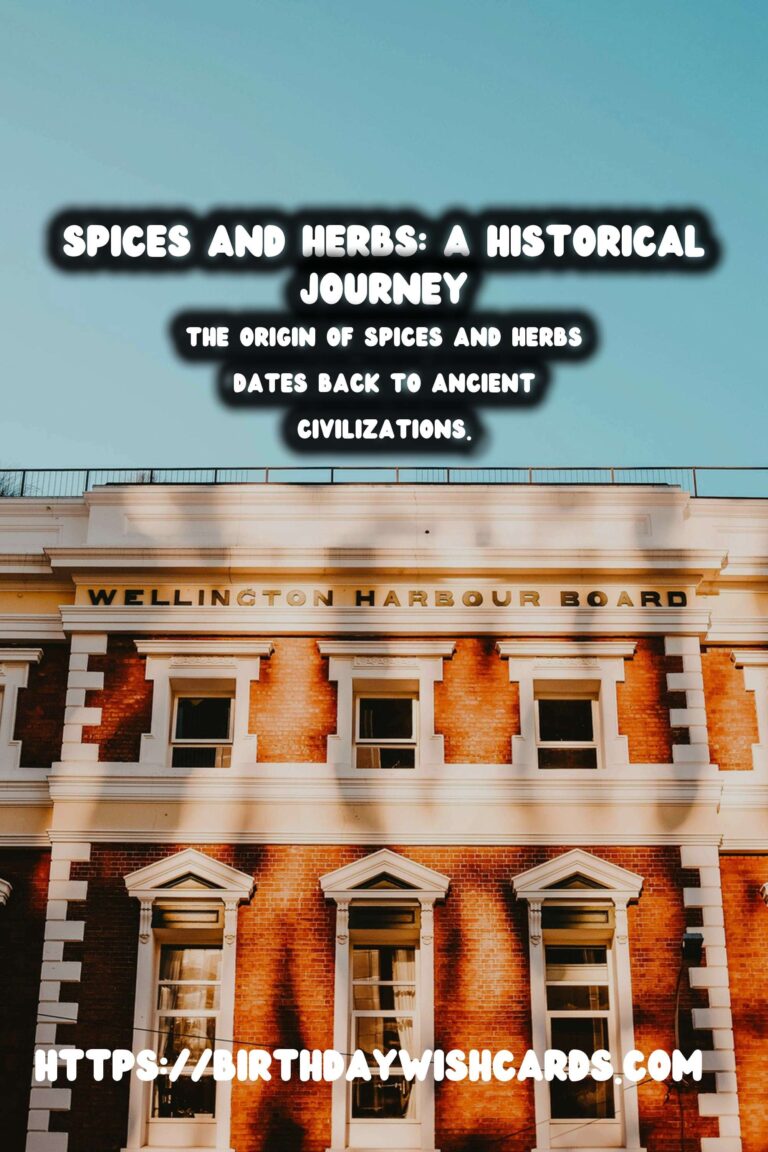
Spices and herbs have been an integral part of culinary practices across various cultures worldwide. These flavorful ingredients not only enhance the taste of food but also hold historical and cultural significance. From ancient trade routes to modern kitchens, the journey of spices and herbs is as rich as it is fascinating.
The Origin of Spices and Herbs
The origin of spices and herbs dates back to ancient civilizations. Archaeological evidence suggests that as early as 2000 BCE, herbs were used in ceremonies, medicine, and culinary practices in places like Egypt, India, and China. Spices such as cinnamon, pepper, and cloves were highly prized and often used as currency.
These early usages highlight the significance of these aromatic plants not only for their flavor but for their perceived magic and medicinal properties. The ancient Egyptians used spices in embalming processes, reflecting their value and utility beyond the culinary realm.
The Spice Trade: Bridging East and West
The spice trade is one of the earliest and most significant economic marine activities that connected different civilizations and cultures long before the Modern Age. Arabian traders played a majore role in transporting spices from the East to the West. These traders kept the origins of spices a closely guarded secret to maintain their monopoly.
The Silk Road and spice trade routes facilitated the exchange of many spices such as ginger and black pepper, shaping gastronomy and culture along the way. Europeans had a voracious appetite for spices, which drove explorers like Vasco da Gama and Christopher Columbus to seek new routes to India and the Spice Islands.
Cultural Significance and Usage
Spices and herbs are deeply woven into cultural traditions. In India, Ayurveda practices have incorporated spices for healing for centuries, while Chinese traditional medicines also utilize herbs for their health benefits. In Europe, herbs like rosemary and basil became a staple in medicinal concoctions.
In Islamic cultures, certain spices and herbs are mentioned in ancient texts for their holy and healing properties. The cultural significance of these ingredients often ties back to their perceived medicinal benefits and symbolic meanings.
Impact on Modern Cuisine
In contemporary times, these ancient ingredients continue to play a vital role in global cuisines, from the aromatic curries of India to the delicate herbal infusions of Mediterranean dishes. Chefs today experiment with an array of spices to create fusion dishes, pushing the boundaries of traditional cuisine.
The global availability of spices has led to greater culinary integration and shared cultural experiences. This has brought innovative ways to marry flavors and techniques, showcasing the timeless allure of spices and herbs.
Conclusion
The history of spices and herbs is a testament to their lasting impact on human culture and civilization. Whether used for their flavoring, healing properties, or symbolic significance, they have remained valuable across generations. Exploring the world of culinary anthropology offers a window into understanding global histories and cultural exchanges, as showcased through the diverse use of spices and herbs in our culinary arts.
The origin of spices and herbs dates back to ancient civilizations. In contemporary times, these ancient ingredients continue to play a vital role in global cuisines.
#Spices #CulinaryHistory

